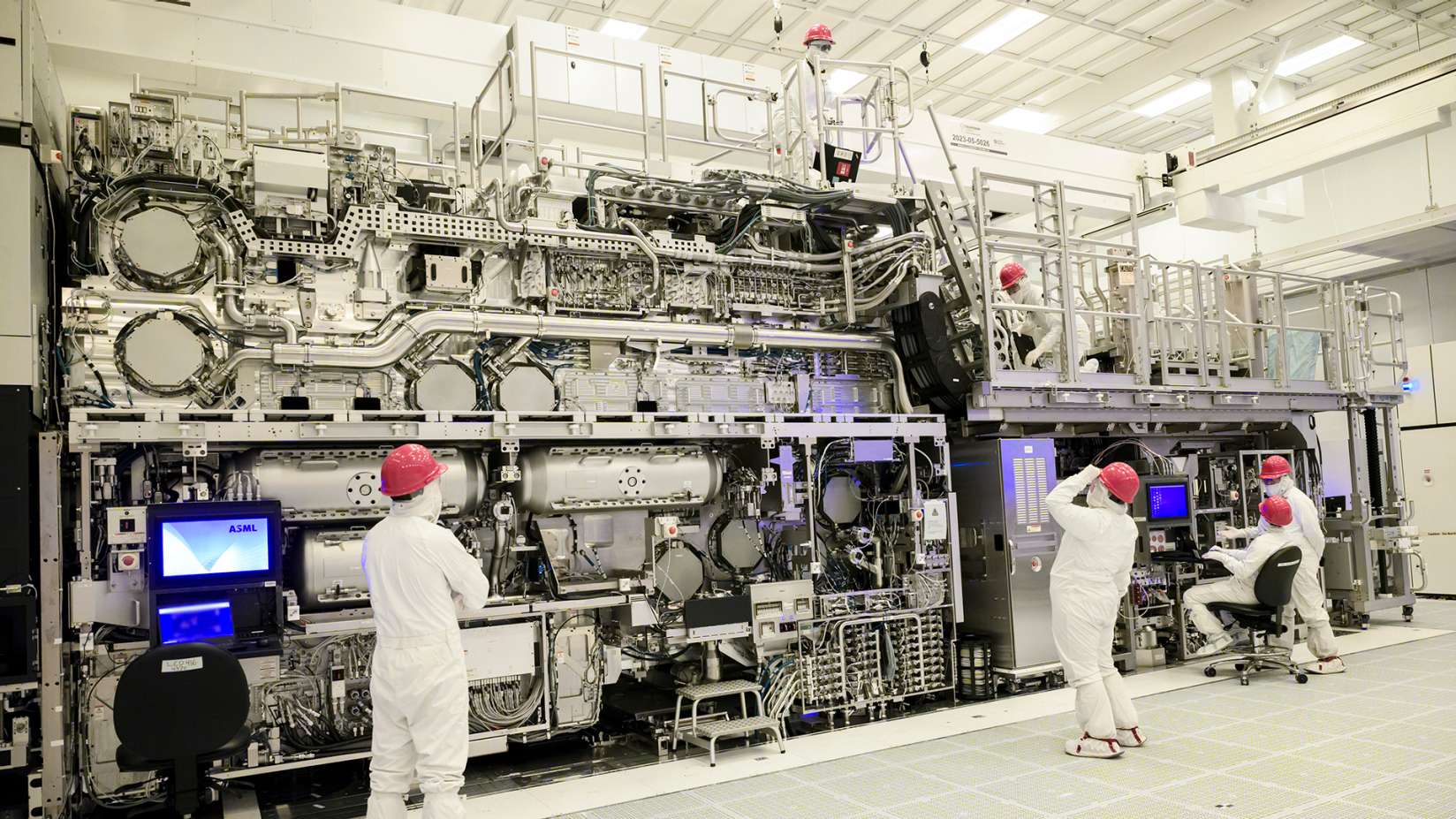The United States continues its efforts to increase restrictions on chip-making equipment restrictions for China.
Reuters, citing two people familiar with the matter, reported that a US official is heading to Japan after meeting with the Dutch government to urge its two allies to further restrict China’s ability to produce cutting-edge semiconductors.
It comes after it was reported last week that the Biden Administration was considering additional chip kit restrictions for China and its ability to access new AI chip technology, specifically the cutting edge hardware architecture known as gate-all-around (or GAA).
![]()
Dutch, Japanese meetings
Now according to the Reuters report, Alan Estevez, the US export policy chief, is visiting both the Netherlands and Japan this week as the US seeks to expand a 2023 agreement between the three countries to keep chip-making equipment from China that could help to modernise its military.
In a response on Wednesday, Chinese foreign ministry spokesperson Lin Jian reportedly said China was opposed to the US “coercing other countries and suppressing China’s semiconductor industry.”
“This behaviour has seriously hindered the development of the global semiconductor industry and will eventually backfire,” Lin reportedly told a press briefing in Beijing.
According to Reuters, a spokesperson for the Dutch foreign ministry confirmed a meeting had taken place in the Netherlands on Monday.
The Dutch Foreign Ministry said the meeting was part of ongoing talks on export policy and security between the US and the Netherlands.
Japan’s industry ministry said it has various exchanges with the United States but would not comment on diplomatic interactions, Reuters reported.
According to a Reuters source, the Biden Administration is talking to the allies about adding more Chinese chip-making factories to that restricted list. There are at least five factories on it, one source is quoted as saying, including at least one owned by SMIC, China’s largest contract chip maker.
The US also wants to control more chip-making equipment, one source reportedly said.
A spokesperson for the US Commerce Department declined comment to Reuters.
American officials also visited the Netherlands in April to try to stop ASML from servicing some equipment in China, Reuters reported. US firms are currently banned from servicing equipment in China, but ASML’s existing servicing contracts are still in place, both sources said.
One said the issue remains under discussion. The Dutch government has reportedly not agreed to the US requests but does not rule out doing so.
China restrictions
The US had announced its sweeping export controls for semiconductor manufacturing equipment to China in October 2022, and the Netherlands had announced in early March 2023 that it too would restrict the export of the chip making kit to China.
Japan then joined the United States and the Netherlands when it said it would restrict exports of 23 types of semiconductor manufacturing equipment going forward (without naming China directly).
The US, the Netherlands and Japan are the only three countries that are home to manufacturers of advanced machines to print microchips.

Image credit: Intel
ASML last year revealed that it had suffered a data theft of its IP – by a former employee located in China.
Chinese chip fund
Last September Beijing warned that it would launch a new state-backed investment fund that aimed to raise about $40 billion for its domestic semiconductor sector.
Then in May 2024 China launched the biggest-ever investment fund for the country’s domestic chip industry, valued at 344 billion yuan ($47.5bn, £37bn) as part of its drive toward semiconductor self-sufficiency.
The third phase of the China Integrated Circuit Industry Investment Fund, known as the “Big Fund”, is comparable in size to the roughly $53bn in incentives under the US’ Chips and Science Act, passed in 2022, which the country is using to build up domestic chip manufacturing.





